It just happened to be exactly 10 years ago today that I was sitting in a tiny cube in the notorious Abu Salim prison in Tripoli, Libya. It was after 20 days of physical and mental torture, and there, sitting in a 2 x 2 m cell, I had no way to write or read, no one to talk to, I couldn’t even go out to the toilet, there was only me and my thoughts, without knowing when it would all end, if at all. It’s strange even to compare it to what everyone feels now, but I do get it somehow.
Surprisingly, during my 170 days of solitary confinement I learnt that it’s easier to have inner thoughts when you’re alone. And not only without people, but alone without any triggers that push you to think outside of yourself. It can be the internet, music, books, anything. I managed to live a full and interesting life without anything, because the radical situation I was in pushed me to go inside my dreams and live daily—day after day—a rich, crazy, and wonderful life. With the help and comfort of the temptations around us, we are alienated from ourselves.
But to be able to do that, I had to start a routine. A routine of nothing. If someone had watched me there, they would have thought I was a mad man. I divided every day according to the three times I was given food and the five times the mosque made its call to prayer. Each part had its own routine: dreams about walking in big cities, meeting amazing women and amazing men, having coffee, eating, watching the sea. It was all day-dreaming, crazy sex dreams, dreams where I was making new pieces of art, dreams about gigantic and tiny openings, dreams about dreams. I managed to live every day in the fullest way. By the end of the day, I was so exhausted I was dying to sleep so that I’d be able to collect enough power for tomorrows dreams. The lockdown during corona feels easier for me perhaps because I was already forced to look inwards. But it is also very different. We have so many triggers around us. I can go to get food and cook it. Watch the sea every morning, listen to music. Live the relative freedom of living in a non-industrialised zone on the open sea with fishermen around me. But at the same time, if I think back to what happened 10 years ago, I feel that I live—we all live—in a time that will never repeat itself. These days of uncertainty will not repeat themselves; they are so different from our own way of living. That’s maybe a source of fear or boredom, but it’s also a source of great creativity. To live in suspended time, not knowing when this will end, is an experience one cannot even buy with money. To go out and see the empty streets, roofs, the sky, to look into ourselves.
In a weird way, it’s easier to pass time like that, or of course to become a complete lunatic, with radical self-isolation. Corona days are different: we still have our own ways of expressing ourselves, we still have non-stop inputs of digital noise and distractions, but we actually do need to try to ignore it and make the best of this rare time—rare, creativity-wise—to have a pure look inside and to find out what makes us feel uncomfortable when we do it, and, more importantly, what make us feel good. To do that, we just need to create a fake routine of nothing. Define the different parts of our days or nights for self-thinking, alone. Walking in the streets, alone. It might be called nothing, but it’s everything. Probably more than what we do in our real lives. It could be a great opportunity for us.
Money will be probably the big issue during and after this time. People who have a monthly paycheque are more stressed than me today, but that’s only because my mind is already trained not to be stressed about this kind of situation. The last fragment of my thinking in prison was about money. I am not writing this from a background of money, but from the understanding that in my inner hierarchy, I can only take care of what I can take care of.
Strangely enough, a few days before I found myself in prison I read a text by Jorge Luis Borges about a dream. My memory was never too clear, but it was something about how we don’t wake up to reality, but to a dream. I used it a lot in that cube alone; I imagined that I would go to sleep into reality and wake up to a dream. I am not sure if corona is a long dream and this text is part of it, but I just checked the original text by Borges. Here is the quote: ‘You have wakened not out of sleep, but into a prior dream, and that dream lies within another, and so on, to infinity, which is the number of grains of sand. The path that you are to take is endless, and you will die before you have truly awakened’.
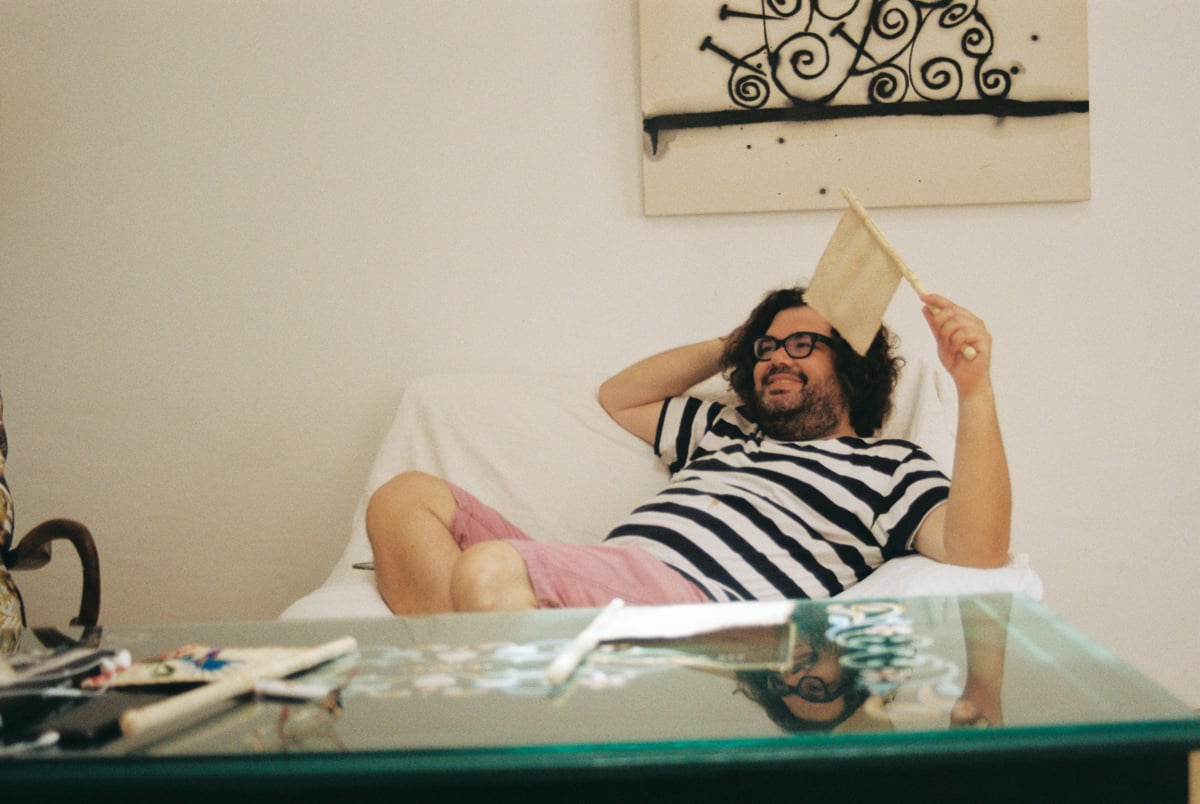
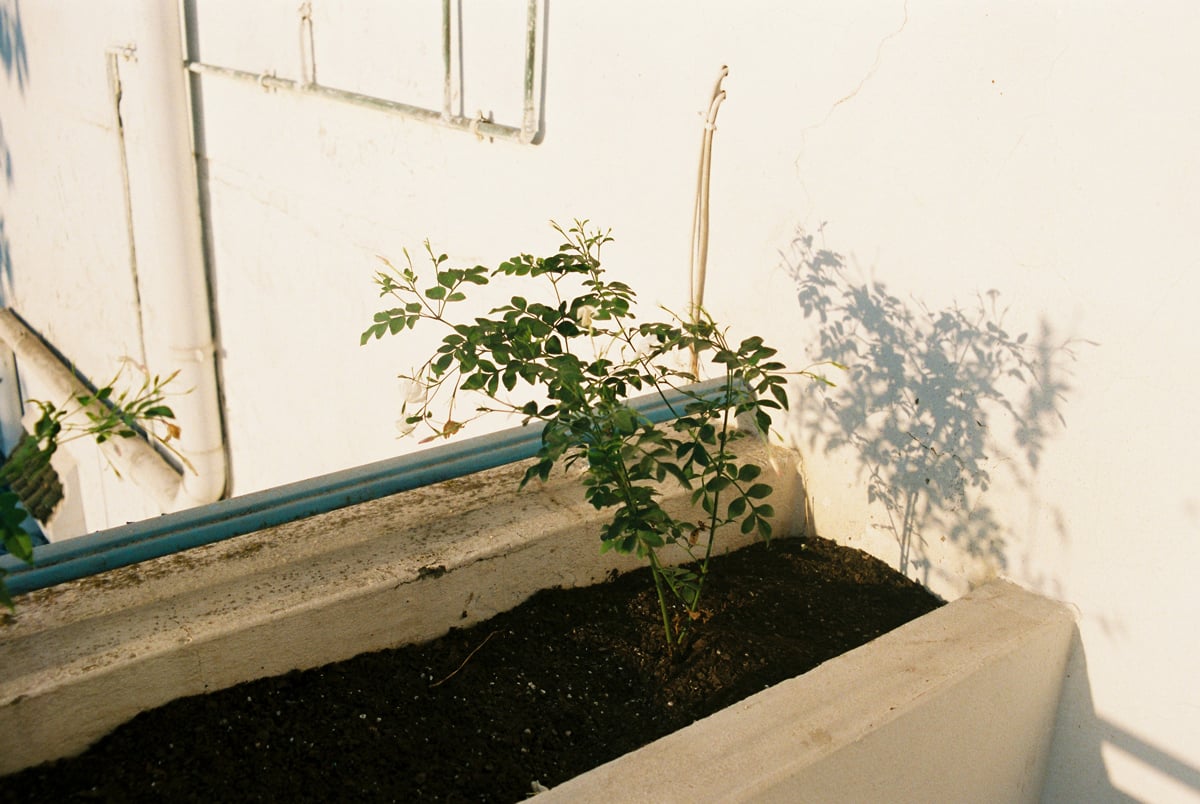
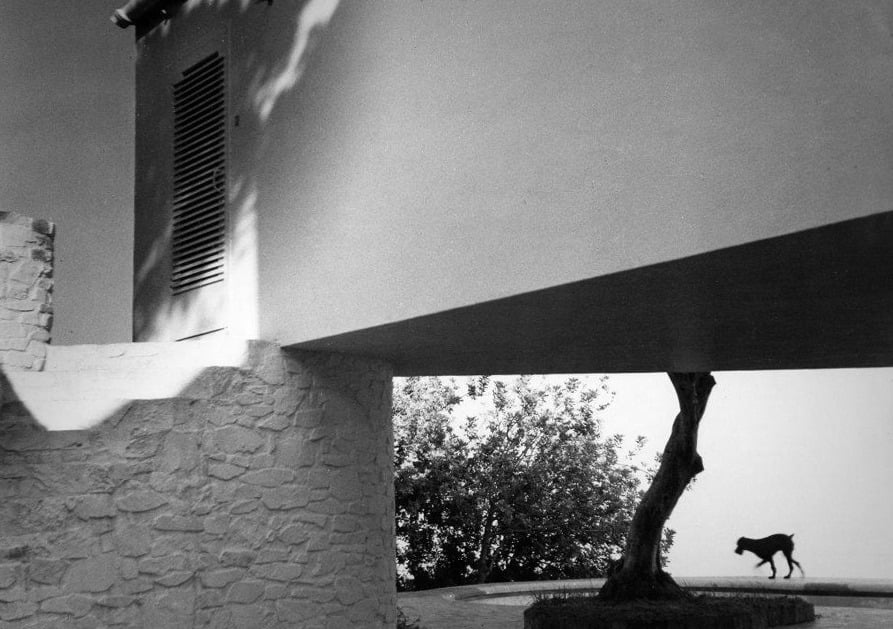
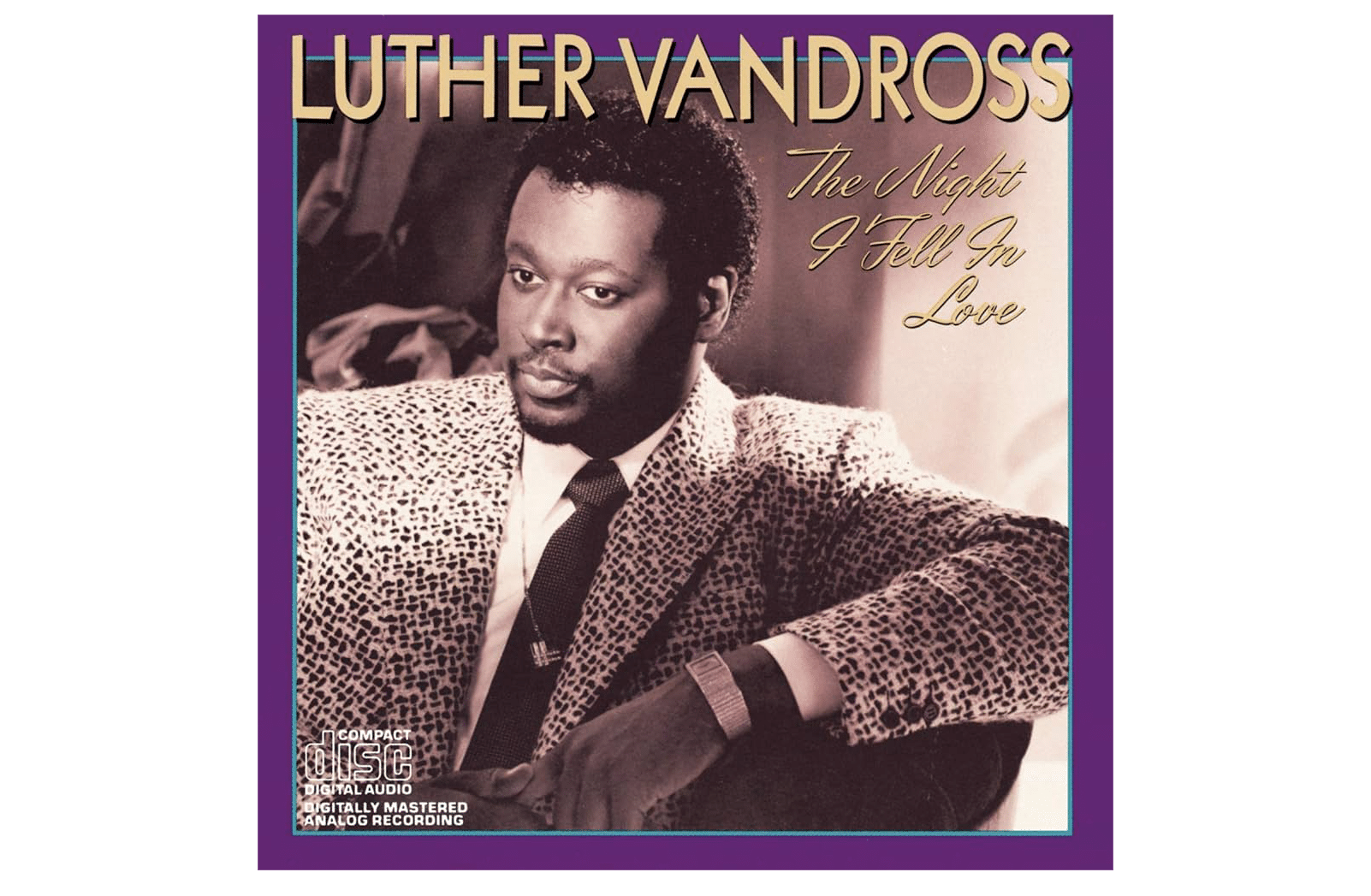
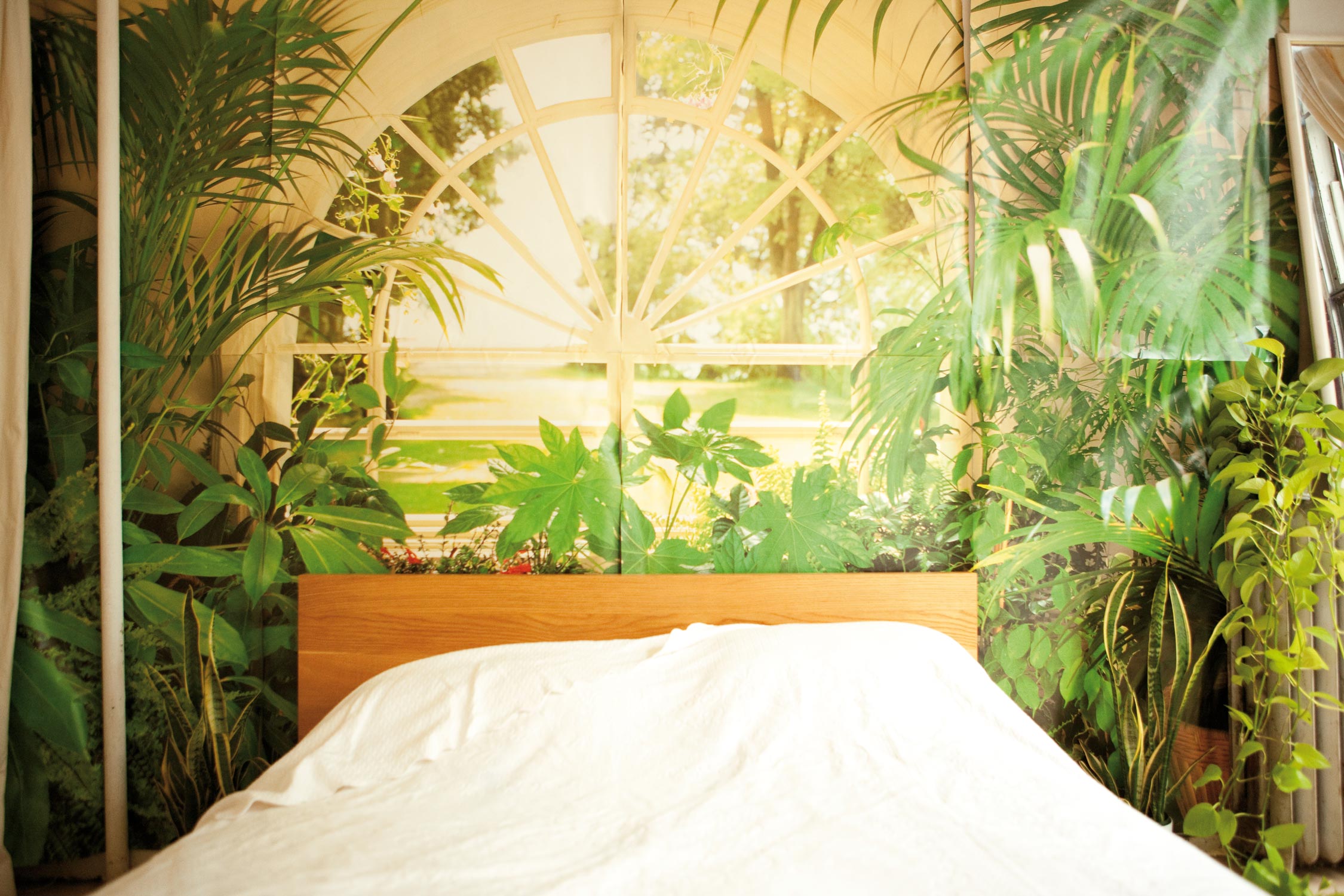
 close
close